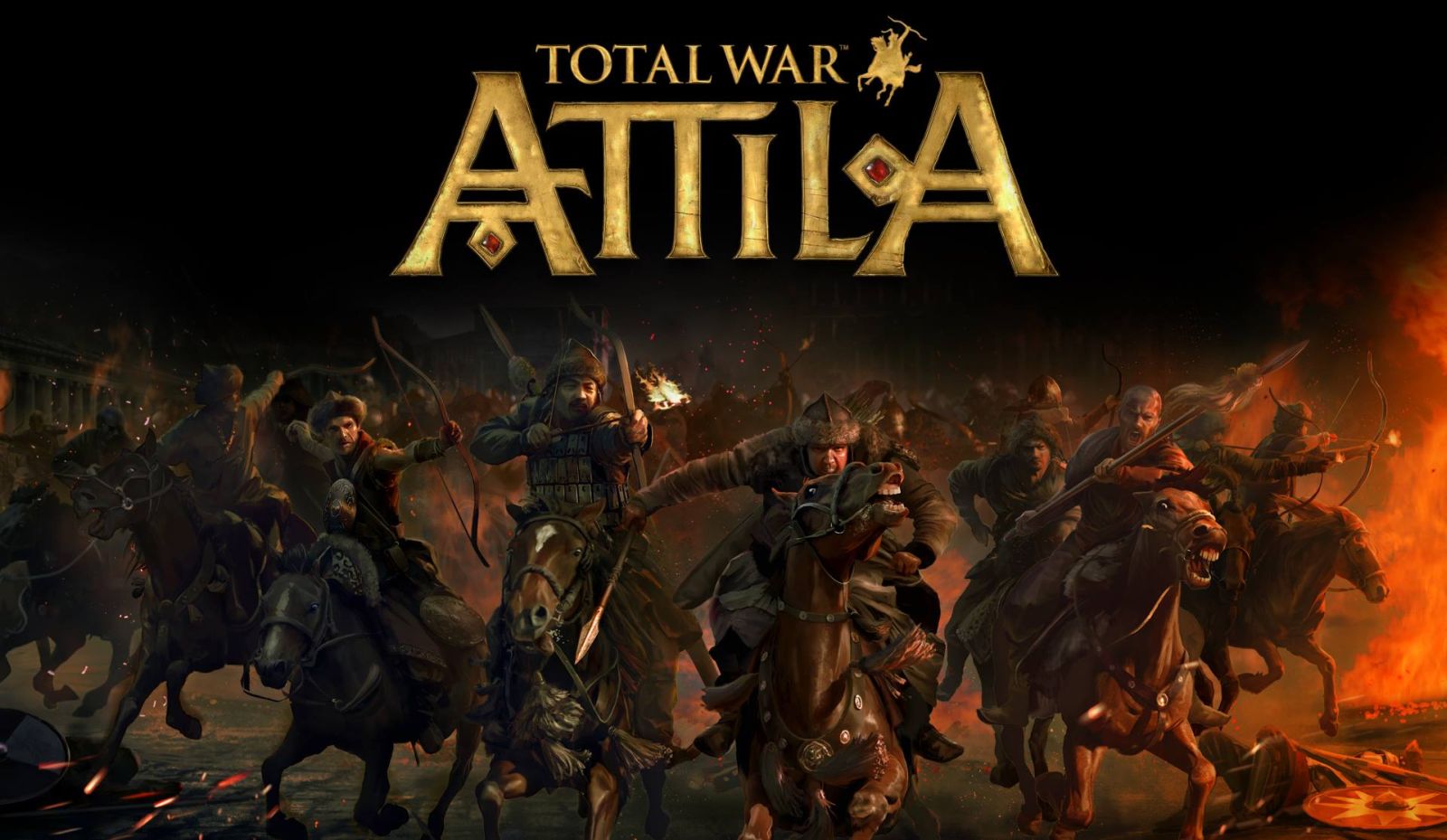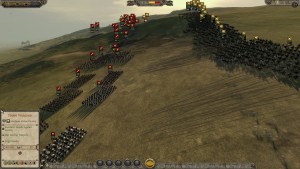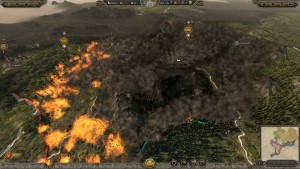When I first heard Attila was coming out only a year after Rome 2, I sensed trouble. After Rome 2’s troubled launch, another rushed production seemed like the last thing the series needed.
Thankfully, that isn’t what it got.
It stands on Rome 2’s shoulders, which is something of a mixed blessing. On one hand this means they haven’t changed the game enough from last year’s to break it, meaning it runs well and with few bugs, on the other though, it feels awfully similar to its predecessor at times, depending on who you choose to play as. This is the same world, same engine, and mostly the same factions, meaning at times it feels like little more than a time-jump, beginning at the end of the Roman Empire rather than the beginning. Other than a couple of game-play tweaks (that veterans might recognise from the original Rome’s expansion “Barbarian Kingdoms”) it doesn’t do a whole lot to convince that it’s its own game, rather an expansion pack that got cocky. It feels a little light on content, too. No doubt this will be resolved with paid DLC, but considering how soon it still is since Rome 2 decided to see just how little I’d still pay full price for, asking full price for something so empty just a year later takes so much piss I have to assume they’re working on a ritual to summon a urine demon behind the scenes. Just like last time, the pricing strategy is the first obvious mistake.
What it does right, however, is the titular horde. Going in I had no idea how Total War was going to represent a nomadic horde in a game that’s most commonly played as an empire builder, or at least an empire defender. The huns are unique in Total War’s history as being entirely nomadic, living pretty much the same way I imagine the roadies for Amon Amarth do, but with a whole lot more fire and slaughter, and roughly the same amount of screaming. Instead of owning towns, of course they raided everybody else’s whenever it suited. It’s brilliant military strategy, answering the gloating Roman philosophy of “A million guys on foot solve any problem” with “Horse archers, as far as the eye can see”. It almost feels like cheating, lining up your ranged cavalry and drowning the Romans in arrows while they struggle to reach you, only to turn and reposition when they seem to finally be getting near. There are counters, of course, but the AI is rarely bright enough to achieve them, leaving me to gleefully slaughter thousands and escape totally unscathed. You only really have to lose battles when you inevitably run out of ammo and quit the field, and even then the stats tell another story. Maybe ten of yours (if you get lazy), a couple of thousand of theirs. The game counts it as a loss because you went home first, but fuck that. If slaughtering thousands then riding into the sunset is losing, Conan the Barbarian might be history’s greatest loser, and I refuse to live in a world like that.
The stars of the show here are obviously the Romans, though I don’t know exactly why. The Huns are, though a little more difficult to start, much more satisfying, as well as being the names on the box, but it’s obvious a lot more attention went to the Roman campaign. I personally never liked the Romans, so I can’t speak to how well their campaign played, but from what I hear it’s a stressful, hellish descent into crumbling defeat where the goal is to survive your enemies with something, anything, intact. The Huns, naturally, are much more fun, being basically the unstoppable tide of fire and pain. There’s something satisfying in facing down history’s snootiest elitists as a warrior who has no idea what Cicero postulated, but every idea where their spear is heading.
It’s a good game, then. A gleefully difficult struggle to survive in a world where the old order is dying, and you’ve got to choose whether or not to hurry it along or take a stand. It’s just a shame that, like it’s historic namesake, greed is almost certain to keep it’s appeal limited at best.
Tags: Attila, Hollywood Metal, Luke M, Total WarCategorised in: Video Games



